Recycle, reuse, and swap: How to live sustainably
22 April 2021By Sarah R., Student writer at Unite Students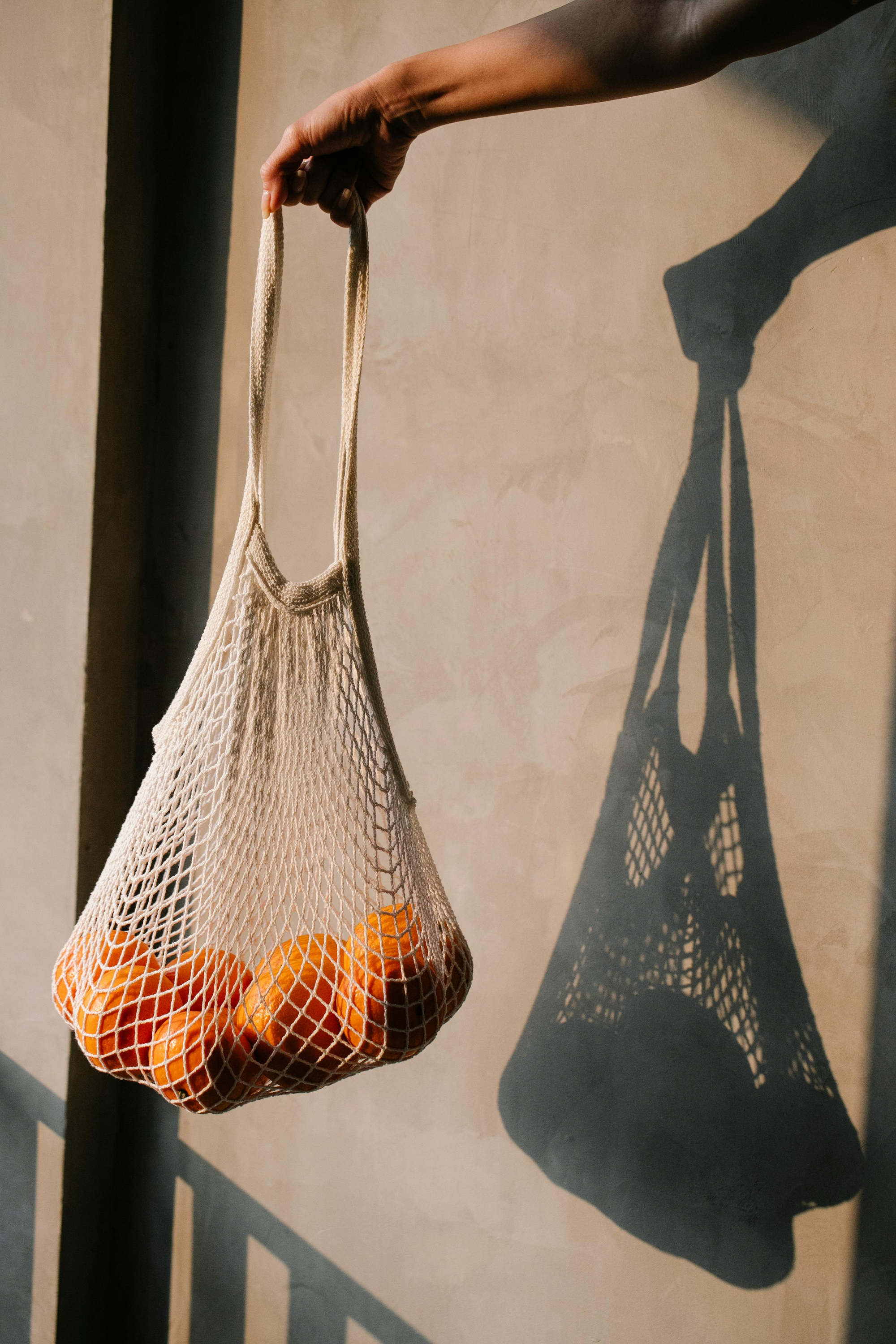
Recycle, reuse, and swap: How to live sustainably
Care about the environment but not sure what you can do to help? Here's a starter for 10 ways you can live more sustainably. I study environmental sustainability at university, so I know all about the complex issues surrounding climate change (yep, that well-loved buzzword for all the climate sceptics out there).
The UK uses over five million tonnes of plastic each year and around 25% of that used to be recycled through a trading deal with China. However that trade deal has now ended, which means a lot more plastic waste is going to end up in British recycling plants.
Bringing more zero-waste alternatives into your usual routine is the best way to help reduce the vast amount of plastic being wasted every day. I like to make environmentally-conscious decisions, but it's not always easy finding the time, especially as a student.
One of the easiest and simplest ways to make a positive impact is to recycle. This is actually a core part of Unite Students' Home Charter, which outlines how we can all work together to create a world that everyone can thrive in. So, how can you do your bit? Here are some top tips for making the most of your rubbish.
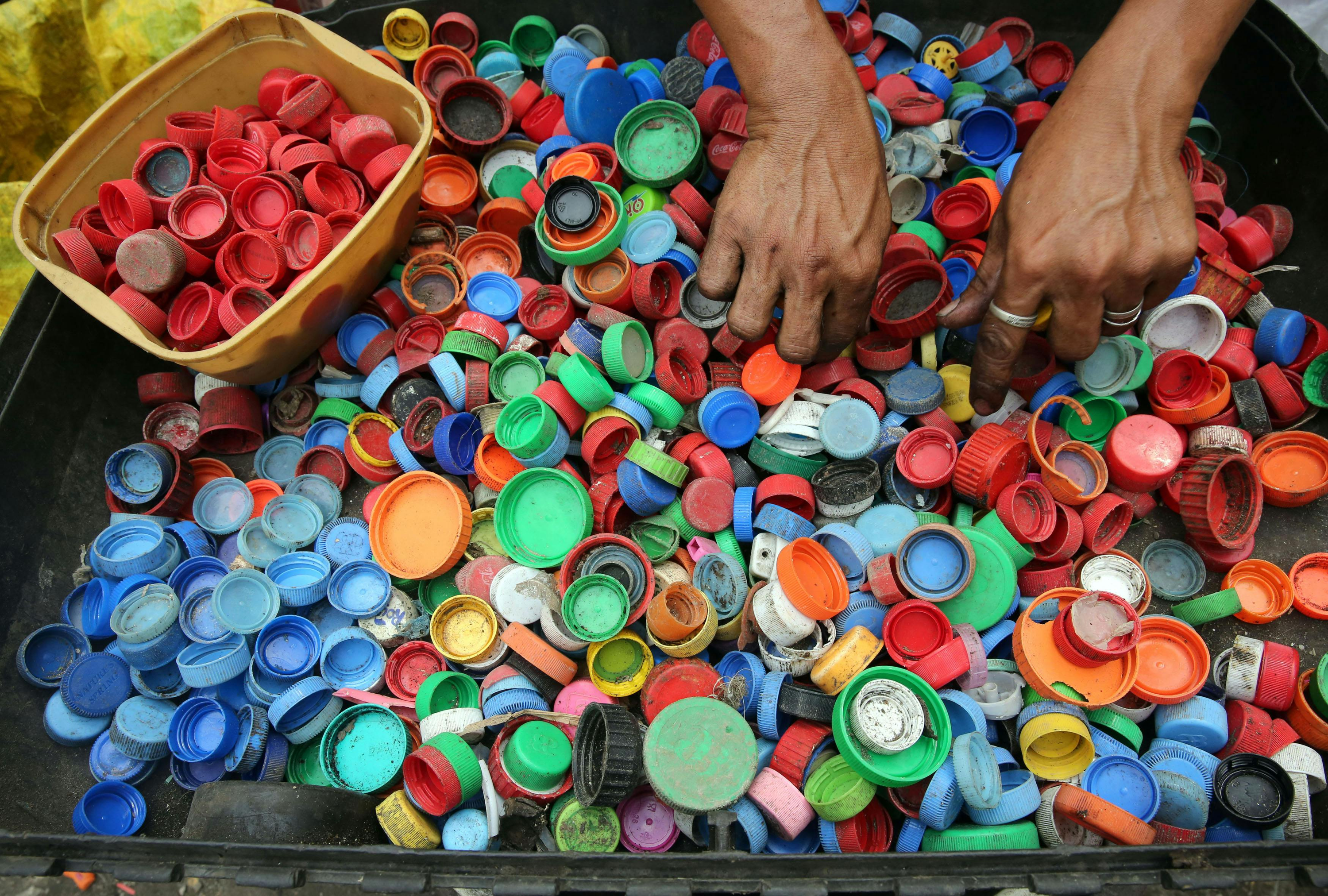
1. Find out how to recycle
Once you make it to the recycling point you may be thinking, why are there so many different bins? Instead of panicking and dumping everything in one bin, read up on what to do with your different waste beforehand.
The recycling bins can fill up quickly in a shared flat. If you're struggling with space, flatten your empty milk bottles and pizza boxes – they can be recycled regardless of size and shape.
Rinse out your items before recycling them to avoid contamination and to make the recycling process as energy efficient as possible. If you're unsure about any aspect of recycling, ask the Unite staff members in your property. They're always happy and at hand to help with any queries.
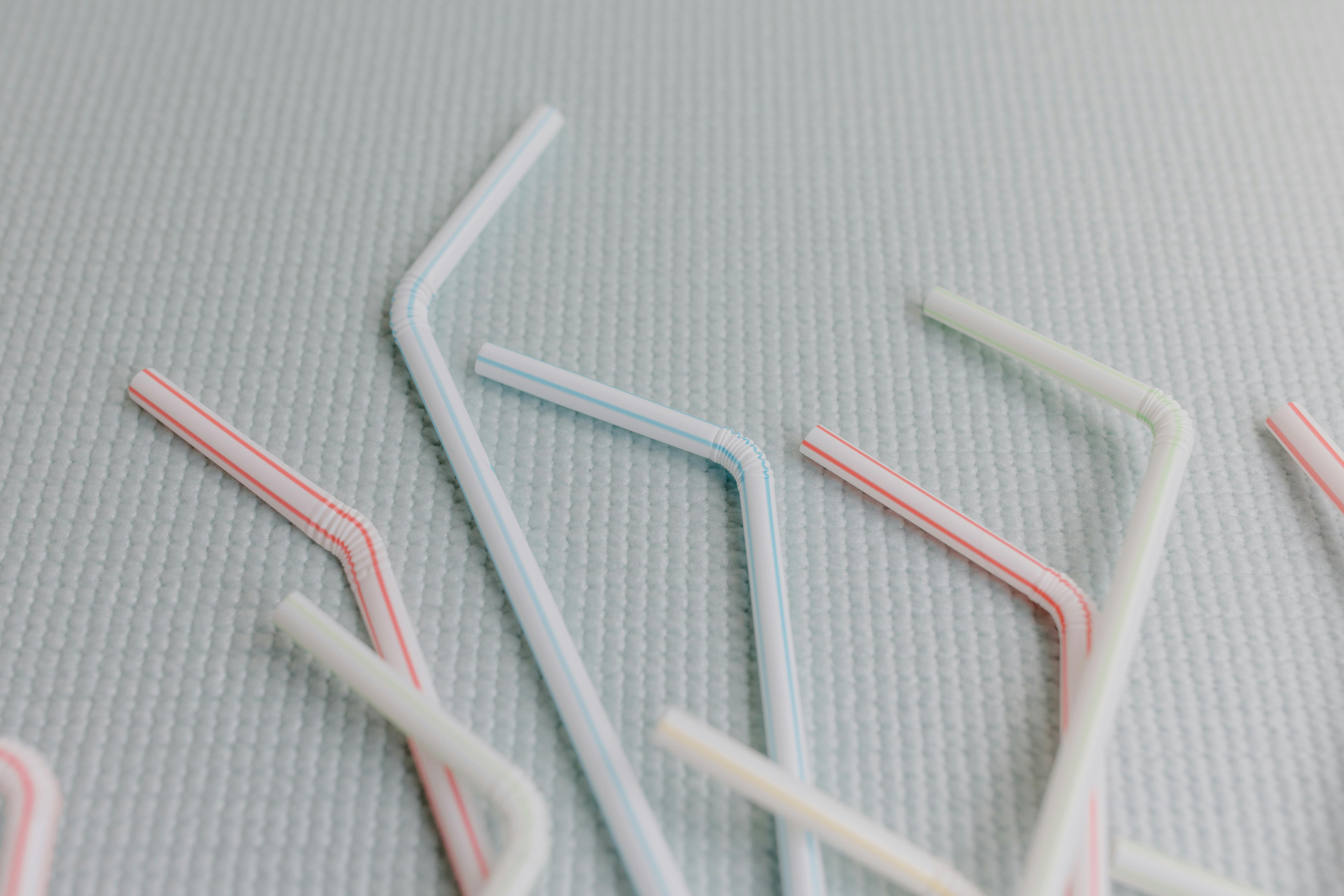
2. Ditch the plastic straws
Did you know Americans use 500 million plastic straws every day? A plastic straw is essentially a single use product that ends up in the bin after one use.
But if you enjoy having a straw in your drinks, a great alternative to plastic is stainless steel. They are reusable, easy to carry with you and some even come with a small brush to make cleaning them that much easier.
3. Switch to a bamboo toothbrush
Along with straws, plastic toothbrushes are a real problem. Dentists recommend changing your toothbrush every three months, and that’s a lot of plastic wasted just cleaning your teeth. Don’t worry – just like the straws, this plastic is easily swapped.
When your current plastic toothbrush is too worn out for teeth brushing, add it to your cleaning supplies and get yourself a sustainable bamboo toothbrush. They work just as effectively as their plastic counterparts and can be composted when they’re worn out.
4. Shop at charity shops
You may enjoy shopping on the high street for the latest fashion trends, but what happens when the season ends? Your new clothes end up on the scrap heap and you have to go shopping again.
The fast fashion industry is highly unsustainable and unethical – polluting oceans, paying factory workers unfairly and using materials that pose a health risk to seamstresses and models.
Shop at charity shops to avoid directly funding this industry whilst supporting a local charity. You’ll be helping to build a circular economy by reusing items, recycling them or donating them – thus avoiding the landfill.
5. Swap your stuff with friends
You know that jumper from last winter that you no longer wear? Maybe one of your friends would like it. Are there any books or classic films your friends have that you can't find on Netflix? Try swapping with your friends instead of them going to waste.
6. Reuse your glass containers
Is there a way you can make your bedroom homelier and more comforting after a hard day at university? Can you find another use for those empty wine bottles? Why don't you turn them into LED fairy light jars or even a way of storing sweet treats?
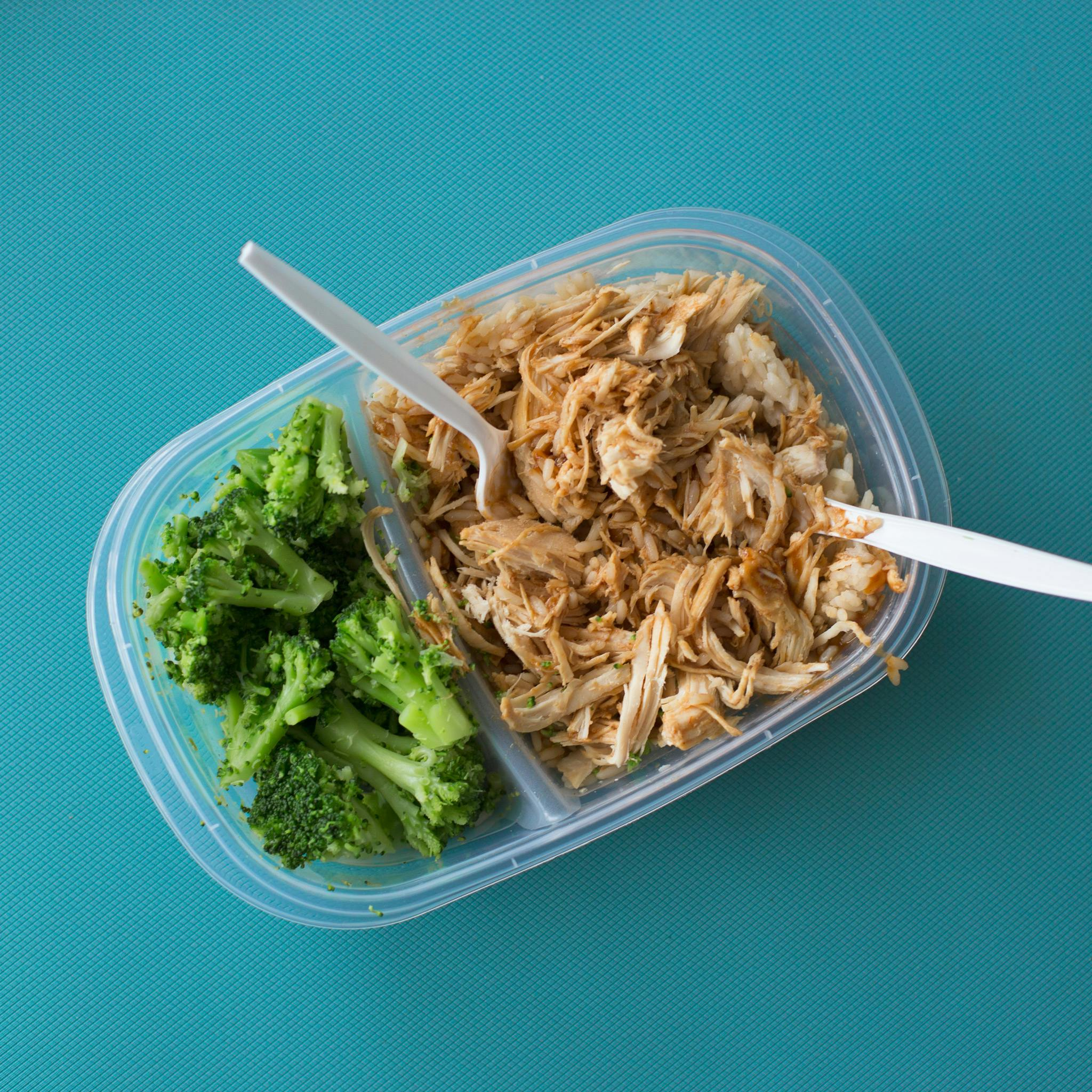
7. Turn your leftovers into tasty meals
The UK produces seven million tonnes of food waste every year. Reduce yours by turning leftover food into delicious, quick and easy meals!
A good way of using up leftover vegetables is to turn them into tasty soups – perfect during the cold weather. You can find loads of great tasty recipes for your leftovers at the Love Food Hate Waste website.
You can also put your leftover food into plastic food containers and pop them in the freezer for another night.
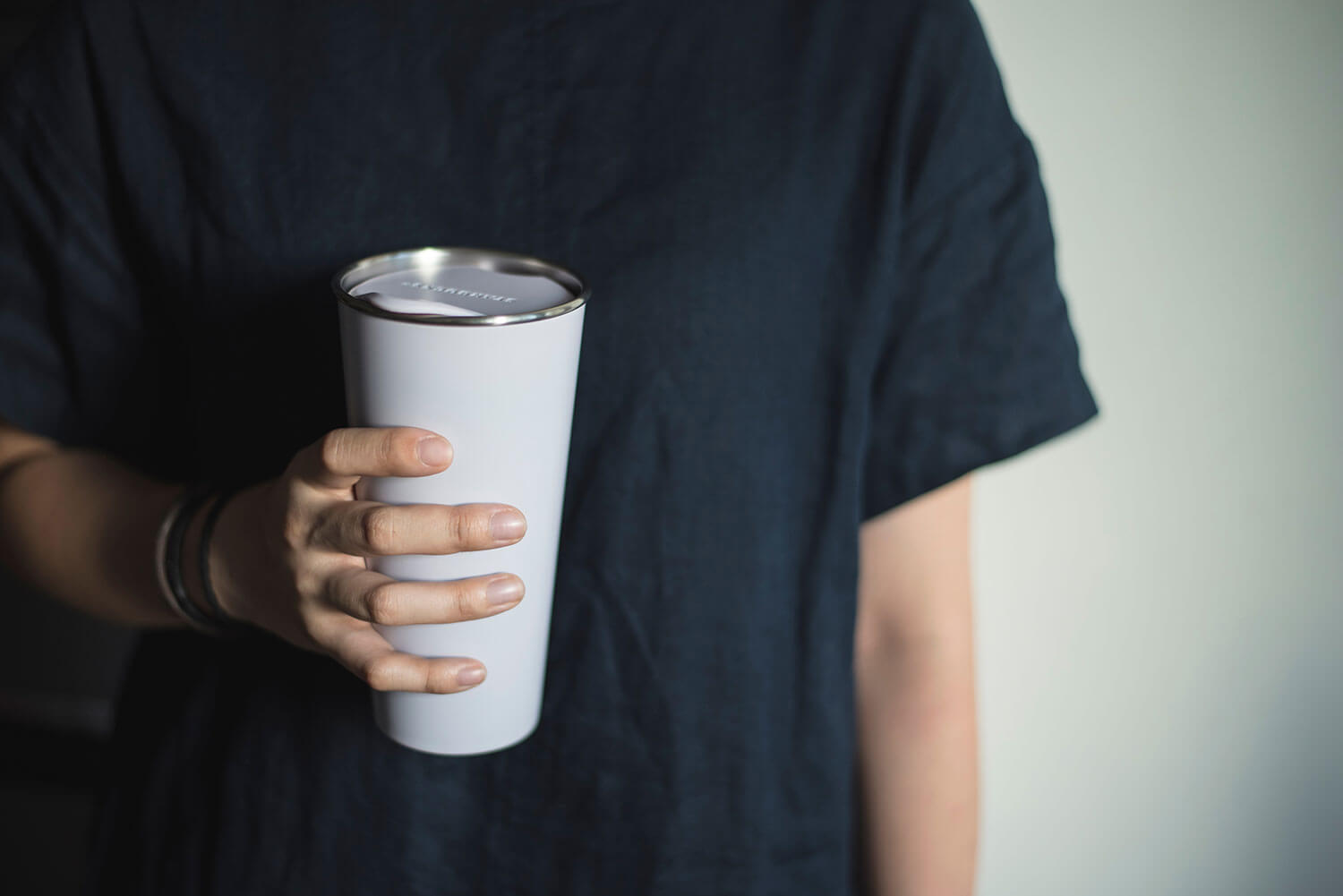
8. Invest in a good reusable water bottle and coffee cup
Did you know 35 million plastic bottles are used in the UK every single day, and nearly half of them don’t get recycled? Lots of people drink bottled water because they don’t like the taste of tap water or they think it’s unsafe. Which is strange, because there’s more regulation on tap water than there is on bottled water!
If you’re one of these people, opt for a reusable bottle that also has a filter so you get the taste you enjoy while you help the environment.
And then there’s ‘paper’ coffee cups. Despite being made of a product you would think is compostable, these cups often have a plastic lining which means they can’t be composted or even recycled. Minimise the amount going to landfill by using a reusable cup for your daily caffeine fix.
9. Buy loose fruit and vegetables
It’s shocking how much of the fresh produce in supermarket aisles is wrapped or bagged in plastic. It’s such an unnecessary step in production, and one that generates a large amount of waste. So buy your fruit and veggies unpackaged and bring your own reusable canvas bags to put your items into.
10. Give reusable feminine products a chance
The average woman throws away 250 to 300 pounds of pads, plugs, and applicators in her lifetime. I don’t know about you but, to me, that seems like a lot! And because feminine hygiene products are something us women can’t go without, this waste seems unavoidable.
But you can make your menstrual cycle eco-friendly by swapping the regular cotton pads and tampons for either a medical grade silicone menstrual cup (lasts 10 years) or reusable bamboo/organic cotton pads (can be washed and reused multiple times).
